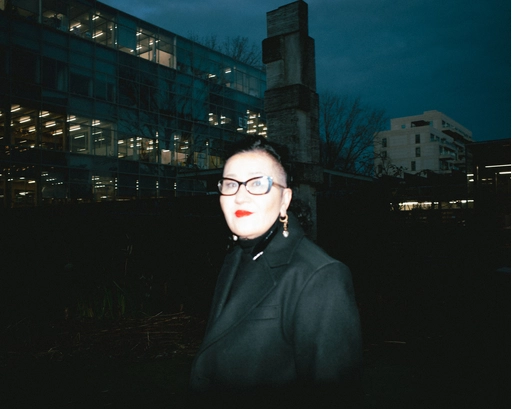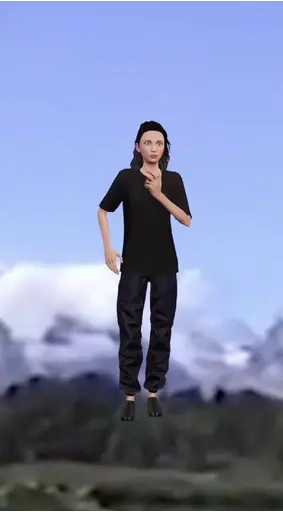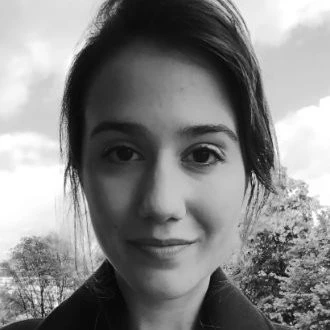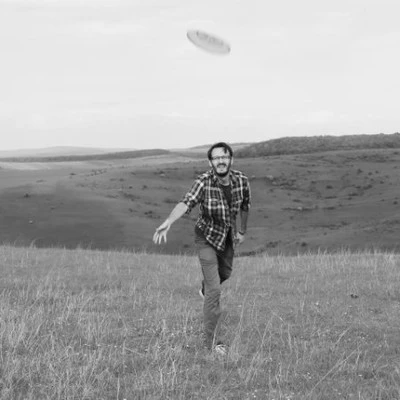For the start of the new season, we are happy to invite you to the first material playground of the Slow AI x Artificial Worlds sessions, organised together with ARIAS and hosted by Dorin Budușan and Sofía Fernández Blanco. The material playground will take place in Auditorium 101 of Sandberg Instituut on September 19th from 9:30 to 13:30. The invitation is open for all Rietveld, Sandberg and HvA students.
In this session, visual artists and researchers Dorin Budușan and Sofía Fernández Blanco propose flipping the idea of artificial intelligence on its head. They will focus on systems of knowledge production that take into consideration the intelligence of matter itself, such as magic and divination systems. Although magic and technology are often seen in opposition, their histories are intertwined. Florian Cramer even proposes that code is magic, or “words made flesh,” language creating alternate realities. Our contemporary (Western) world proclaims to have been disenchanted through the rise of rationalism, but not only these rejected systems of knowledge have not disappeared, they have actually become more popular in recent decades. As long as science and magic are kept in opposition, magic will always be a good place from which to critique techno-scientific views of the world. Several thinkers have declared that the acceleration of technological advancement has led to a general crisis of imagination and have proposed a way out by looking at systems such as magic in order to show what other types of worlds are possible.
The session will start with a two-part presentation by Dorin about the interconnected history of science, magic and religion. The first part will cover subjects like enchantment and how symbolic thinking can be a tool for resisting techno-scientific views of the world. The second part of the presentation will exemplify symbolic thinking through a brief overview of astrology, one of the oldest systems of deriving meaning from correlating human events with star and planetary cycles.
In the second part, Dorin and Sofía will guide the group in creating a divination system. Inspired by how AI models work, participants will then create an analogue ChatGPT of sorts. The session will end with testing the system by asking questions and interpreting the answers together with the group, as in divination systems, the meaning is always negotiated between the human and non-human participants.
The invitation is open for all Rietveld, Sandberg and HvA students.
Register here: forms.gle
Registrations close on Sept 12th
The session will start with a two-part presentation by Dorin about the interconnected history of science, magic and religion. The first part will cover subjects like enchantment and how symbolic thinking can be a tool for resisting techno-scientific views of the world. The second part of the presentation will exemplify symbolic thinking through a brief overview of astrology, one of the oldest systems of deriving meaning from correlating human events with star and planetary cycles.
In the second part, Dorin and Sofía will guide the group in creating a divination system. Inspired by how AI models work, participants will then create an analogue ChatGPT of sorts. The session will end with testing the system by asking questions and interpreting the answers together with the group, as in divination systems, the meaning is always negotiated between the human and non-human participants.
The invitation is open for all Rietveld, Sandberg and HvA students.
Register here: forms.gle
Registrations close on Sept 12th
Slow AI focuses on developing strategies to address colonial and extractive histories embedded in current AI systems, by applying the concept of ‘slowness’ to a fast technology. It is a project initiated by Mariana Fernández Mora and a collaboration between the Visual Methodologies Collective (HvA) and the Sandberg Institute (GRA). This project is kindly funded by CoECI.



